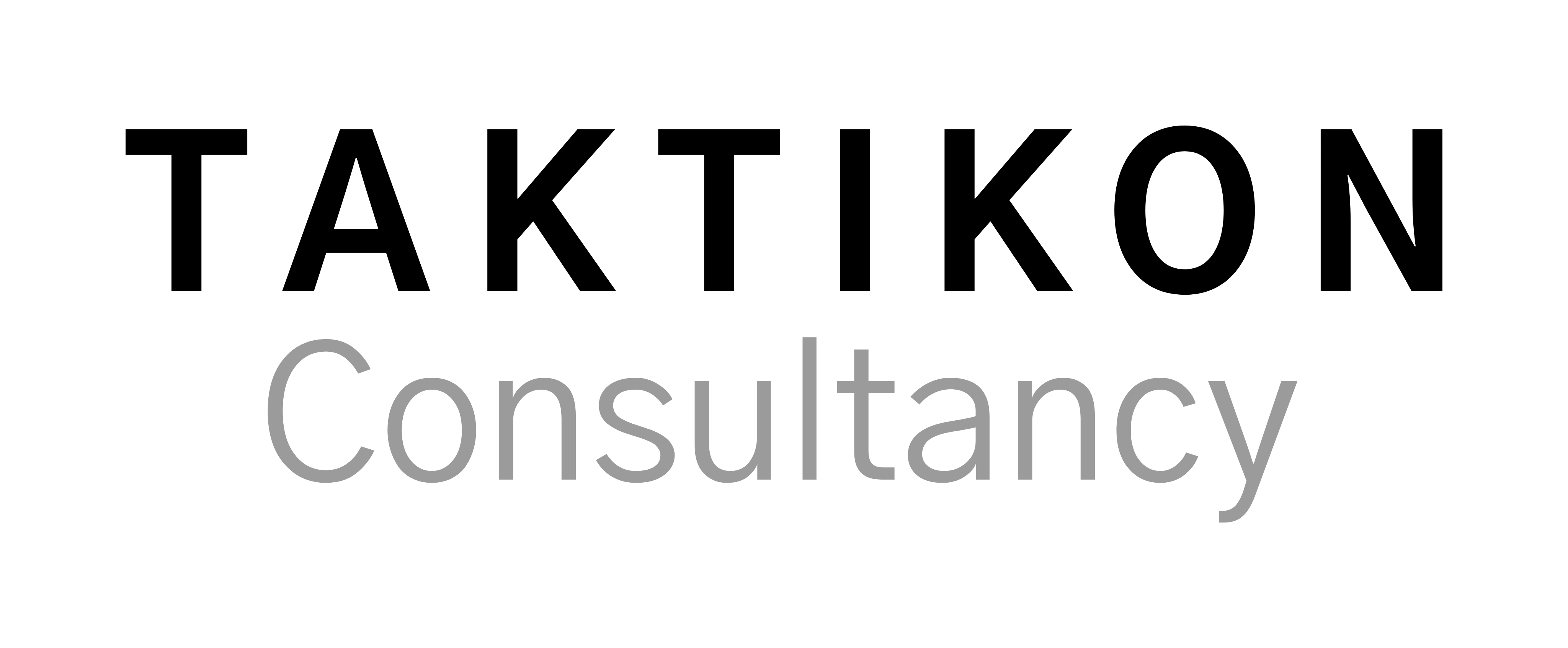In today’s competitive hospitality landscape, the difference between a successful season and a missed opportunity often comes down to one thing: Revenue Management. Once a buzzword reserved for airlines and major hotel chains, Revenue Management has now become essential across the entire hospitality sector, including independent hotels, resorts, campsites, and even hostels.
But what exactly is Revenue Management, and how can it be implemented effectively? Let’s explore the fundamentals, the benefits, and the practical steps you can take to turn data into profitability.
What is Revenue Management?
Revenue Management is the strategic use of data and analytics to sell the right product, to the right customer, at the right time, for the right price, through the right channel. It combines elements of marketing, operations, and pricing science to ensure that every available unit (whether it is a hotel room, campsite, or cabin) generates the maximum possible income.
Put simply: it is about maximizing revenue, not just occupancy.
Why Revenue Management Matters More Than Ever
The hospitality industry has changed dramatically. Online travel agencies (OTAs), dynamic pricing, seasonality, guest segmentation, and last-minute booking behavior have made it increasingly complex to price accommodation correctly.
Here’s why Revenue Management is no longer optional:
- Consumer behavior is unpredictable: Booking windows are shrinking, and travelers are more price-sensitive than ever.
- Distribution channels have multiplied: From OTAs and metasearch engines to direct bookings, each channel impacts your bottom line differently.
- Cost control is key: You can’t always increase prices, but you can sell smarter.
A strong Revenue Management strategy helps you navigate these complexities by using data to make informed decisions, daily.
The Pillars of Effective Revenue Management
Let us break down the core components that every hotel or hospitality business should consider:
1. Forecasting Demand
At the heart of Revenue Management is forecasting. This means analyzing historical data, booking pace, market trends, and events to predict future demand. The better your forecast, the better you can adjust your pricing and availability.
2. Segmentation
Not all guests are the same. Some book early and pay full price, others come in last-minute with a discount. Effective Revenue Management requires you to segment your market by behavior, channel, booking pattern, or purpose of stay, business vs. leisure, for instance.
3. Dynamic Pricing
Gone are the days of fixed pricing. Instead, prices should flex depending on demand, competition, and booking trends. With the right tools or strategy, you can adjust pricing daily, or even hourly, to optimize every room night.
4. Channel Management
Where you sell is just as important as how much you sell for. Commission costs, visibility, and guest behavior vary by channel. A smart Revenue Manager evaluates the cost vs. benefit of each channel and adjusts availability accordingly.
Revenue Management in Practice
Implementing Revenue Management doesn’t have to mean investing in expensive software from day one. For smaller properties or those new to the discipline, even simple steps can make a difference:
- Track your pick-up daily: How many new bookings came in today vs. the same day last year?
- Monitor competitor rates: Are you positioned correctly in your market?
- Build a pricing calendar: Set minimum and maximum rates for each day, and adjust based on pick-up.
- Experiment and learn: Try adjusting prices for high-demand weekends or events and track the results.
If you are ready to take the next step, Revenue Management Systems (RMS) can automate much of this process, freeing up your time while increasing precision. The key is to understand the strategy before relying entirely on automation.
The Human Element
Despite advances in automation and AI, Revenue Management is still a human-centered discipline. Context, intuition, and creativity play a big role. A Revenue Manager must ask:
- Is this pricing strategy aligned with our brand?
- Are we prioritizing short-term gains over long-term value?
- How do we balance occupancy with profit?
A successful Revenue Manager is equal parts analyst, strategist, communicator, and negotiator.
Final Thoughts
Revenue Management is not just about selling more rooms, it is about selling smarter. It is a mindset that prioritizes strategic thinking, data-driven decision-making, and continuous improvement. Whether you're running a boutique hotel, a conference venue, or a holiday park, embracing Revenue Management can help you unlock the full potential of your business.
And remember: every unsold room night is a lost opportunity you can never recover. With Revenue Management, you don’t just fill rooms, you build a more profitable future.
Ready to take control of your pricing and unlock your property's full potential?
Discover how Revenue Management can work for your business and get in touch with our experts today!
Visit us at: www.taktikon.com
